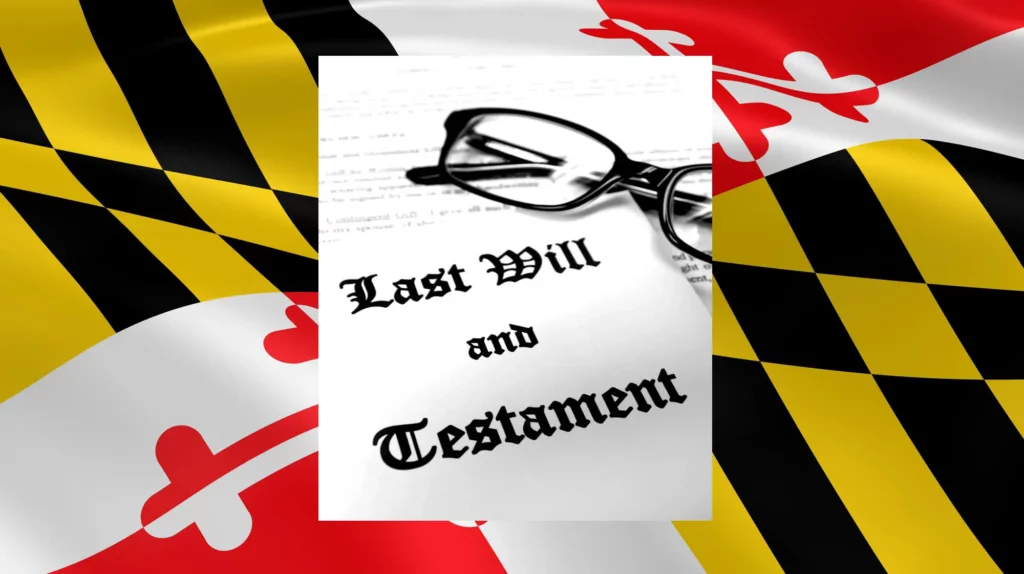
According to recent studies, a majority (55%) of adults have not written their will. But that doesn’t mean they don’t have a will. That’s because if you don’t prepare your own will, Maryland’s inheritance law does it for you. It’s called the laws of intestacy, and those laws apply to those who die without a valid will. And some significant changes to those laws went into effect on October 1, 2023.
The major changes to Maryland’s inheritance laws deal with the expansion of the rights of surviving spouses and the extension of those rights to domestic partners.
Under prior law, if a married person was survived by a spouse and one or more children, the surviving spouse would inherit one-half of the estate (plus $40,000 if any of the children were minors) and the surviving children would share the other half. Now, in such a situation, if the children are adults, and are also the children of the surviving spouse, the spouse gets it all. If any of the children are minors, or if one or more of the children are not a child of the surviving spouse, the old law would still apply (except that the spouse would get an extra $100,000 instead of $40,000.)
Another scenario which has a very different result under the law change is one in which the decedent leaves a spouse but no children. Previously, if the couple was married for less than five years, the spouse would have to split the inheritance with the decedent’s parents. Now, it does not matter how long the decedent and spouse were married – the spouse will receive the entire estate.
The new law also further extends the rights of “domestic partners.” Until now, domestic partners were not recognized as a class of people to receive an inheritance by default, but only if named specifically in a decedent’s estate plan. A major change in the law is that the Register of Wills and the State of Maryland will now, for many purposes, recognize domestic partners in the same category of inheritors as the surviving spouse, provided the domestic partnership is registered with the Register of Wills prior to either partner’s death.
The Register of Wills has created and uploaded to their website a one-page Declaration of Domestic Partnership form that can be submitted to the Register in the county in which the partners reside. The form requires the domestic partners sign in front of a notary affirming that they are both at least 18 years of age and domiciled in Maryland, that they are the sole domestic partner of the other person, that they are not married, and that they are in a committed relationship with the other person. Once this form is signed, notarized, and filed with the Register of Wills, the domestic partnership is treated the same as a marriage under the new intestacy law.
Further benefits to having this form registered prior to death is that inheritance tax will not be required to be paid for any inheritance received by the domestic partner, the domestic partner will have top priority to serve as Personal Representative of the decedent’s estate and the domestic partner will receive the same spousal allowance guaranteed to him/her by law that a married spouse receives. The Register has also created a form to terminate the domestic partnership as needed.
It is important to note that these changes only affect those people who have not taken the time to prepare their own estate plan. These are the default rules that the State of Maryland’s inheritance law imposes when there is no valid will that expresses the decedent’s wishes. But why would you want to rely on the default rules rather than expressing your own personal instructions in an estate plan that leaves your estate to who you want, the way you want?


Our Initial Estate Planning Consultation is designed to give you the opportunity to find out about our firm, our approach to estate planning, and to help you decide if our services fit your needs and objectives. It is also designed to give you all of the information you need in order to determine what planning is right for you and your family.
We serve the entire state of Maryland for your estate planning needs, including:
© 2023 The Law Office of Hyatt & Hanington, LLC | All Rights Reserved.
Disclaimer | Sitemap
Website Design & Hosting by 270net Technologies, Inc.